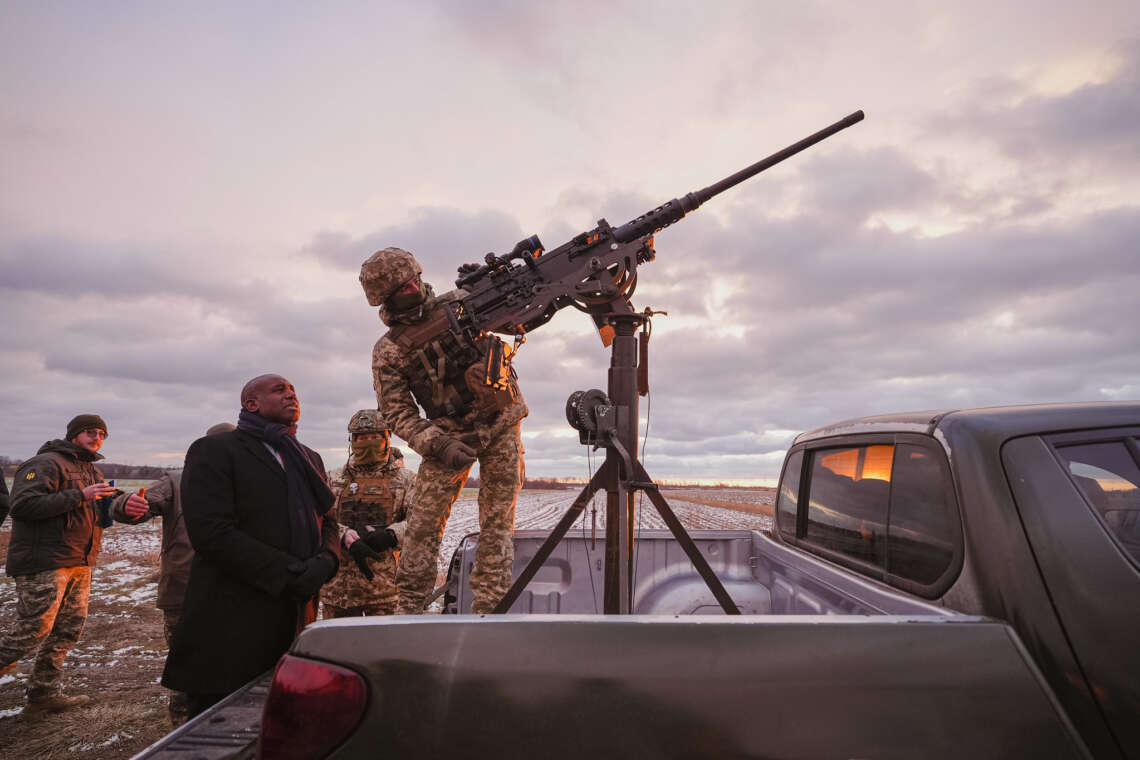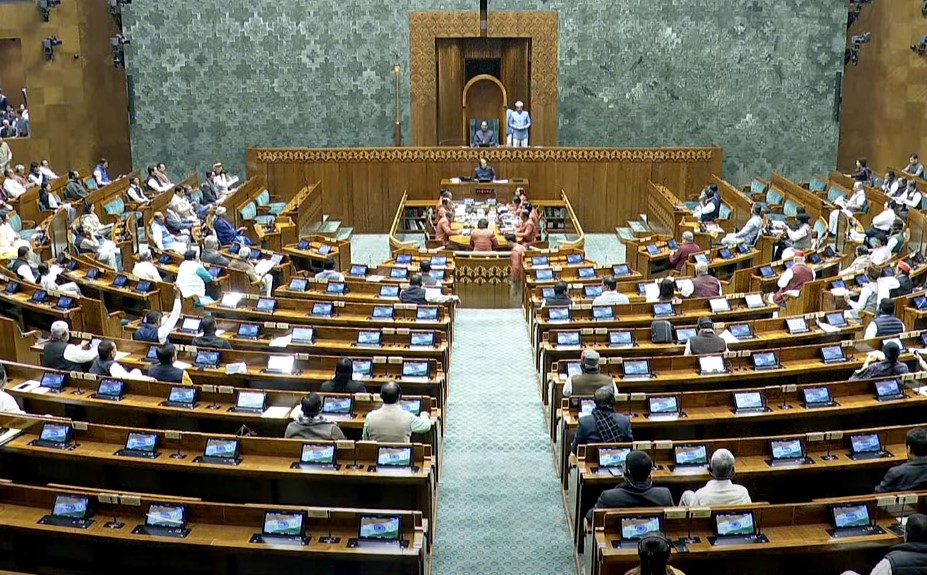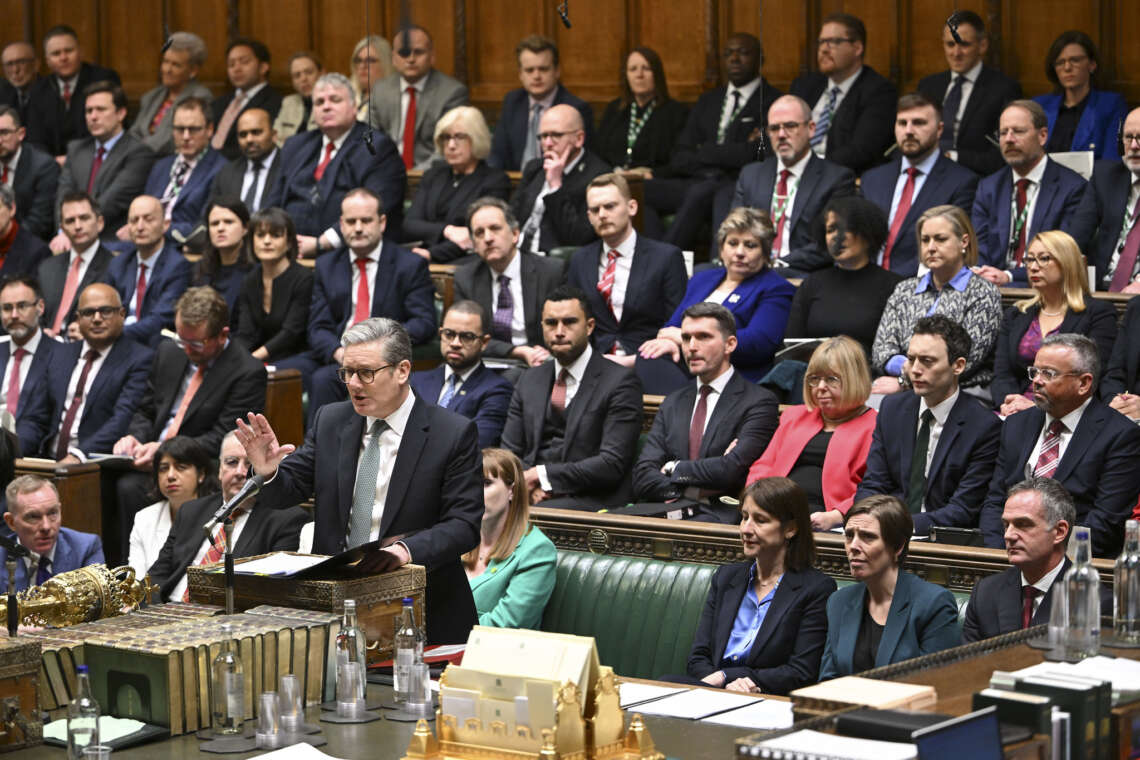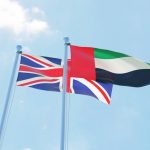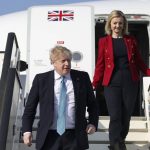Foreign Secretary David Lammy said action had been taken “following Russia’s recent expulsion of a British diplomat” in November
The United Kingdom has expelled a Russian diplomat in a direct response to Moscow’s removal of a British official last year, escalating the already strained relations between the two nations. The move follows Russia’s expulsion of a UK diplomat in November, which the Kremlin justified by accusing the individual of espionage and providing false information—allegations strongly denied by the British government.
Foreign Secretary David Lammy confirmed the expulsion, emphasizing that the UK “will not stand for the intimidation of our staff in this way.” He further warned that “any further action taken by Russia will be considered an escalation and responded to accordingly.”
The Russian ambassador to the UK, Andrey Kelin, was summoned to the Foreign Office and formally informed that one of his diplomats would have their accreditation revoked. Diplomatic accreditation is a government-issued recognition that grants diplomats certain privileges and immunities.
“We are unapologetic about protecting our national interests,” Lammy stated. “My message to Russia is clear—if you take action against us, we will respond.”
Russia Vows Retaliation
The Russian Foreign Ministry quickly responded to the UK’s decision, vowing to retaliate. In a statement to state-run news agency Tass, Moscow made it clear that it viewed the expulsion as a provocation and would take “appropriate measures.”
Russia had expelled the British diplomat in November, ordering them to leave within two weeks. According to Russian state media, the country’s Federal Security Service (FSB) accused the individual of submitting false information on official documents and engaging in espionage activities. Russian television bulletins even broadcast the diplomat’s name and photograph, a move the UK condemned as an intimidation tactic.
At the time, the UK dismissed the allegations as “baseless” and said it was considering a response. The Foreign Office viewed the move as part of a broader strategy by Moscow to undermine British diplomatic efforts. Russia had previously warned that it would take further action if the UK retaliated against its expulsion order.
A Pattern of Diplomatic Expulsions
The latest escalation is part of a broader deterioration in UK-Russia relations, which have been steadily worsening since Russia’s full-scale invasion of Ukraine in 2022. Diplomatic expulsions between the two nations have become increasingly common, with both sides repeatedly accusing each other of espionage and misconduct.
In September last year, Russia revoked the accreditation of six British diplomats in Moscow, forcing them to leave the country. Then in May, British diplomat Capt. Adrian Coghill was expelled from Russia just days after the UK removed a Russian defense attaché from London, citing concerns that he was operating as an “undeclared military intelligence officer.”
Beyond the diplomatic sphere, Moscow has also targeted UK politicians and journalists. A number of British officials have been barred from entering Russia since the war in Ukraine began, as have journalists from major news organizations including the BBC, Sky News, and Channel 4.
Most recently, Russia expanded its so-called “stop list,” barring 30 more UK figures, including Deputy Prime Minister Angela Rayner and other senior Labour cabinet members. Prime Minister Sir Keir Starmer, Foreign Secretary Lammy, and Conservative leader Kemi Badenoch had already been sanctioned by Moscow in previous years.
The Big Picture
The UK government has made it clear that it will not tolerate intimidation or misinformation campaigns against its diplomats. However, the tit-for-tat nature of these expulsions signals a further breakdown in UK-Russia relations, with neither side showing signs of backing down.
The ongoing diplomatic tensions reflect a broader geopolitical struggle, with the UK playing a key role in supporting Ukraine through military aid and economic sanctions against Russia. As a result, Moscow views Britain as a leading adversary in the West’s opposition to its military actions.
For now, the question remains: how far will this escalation go? While diplomatic expulsions have long been a tool of international disputes, they often precede deeper fractures in relations. With both London and Moscow signaling their readiness to retaliate, further measures—whether in the form of additional expulsions, economic sanctions, or other restrictions—are likely on the horizon.
As the situation unfolds, all eyes will be on the next move in this high-stakes diplomatic standoff.
ALSO READ: UK drives green growth across Africa


